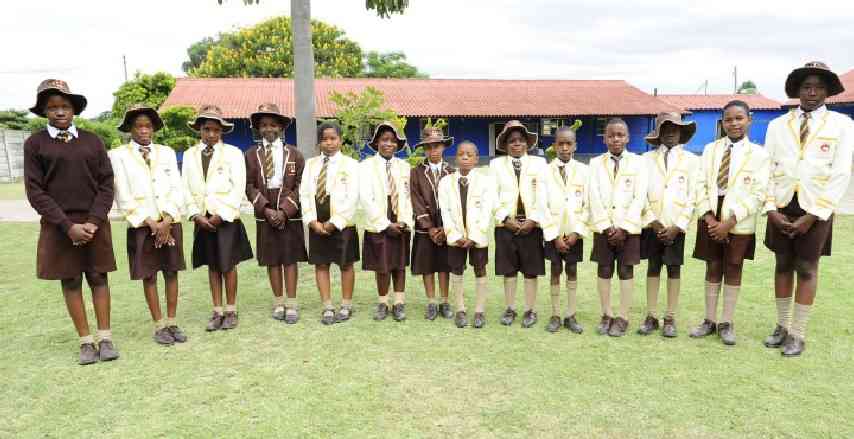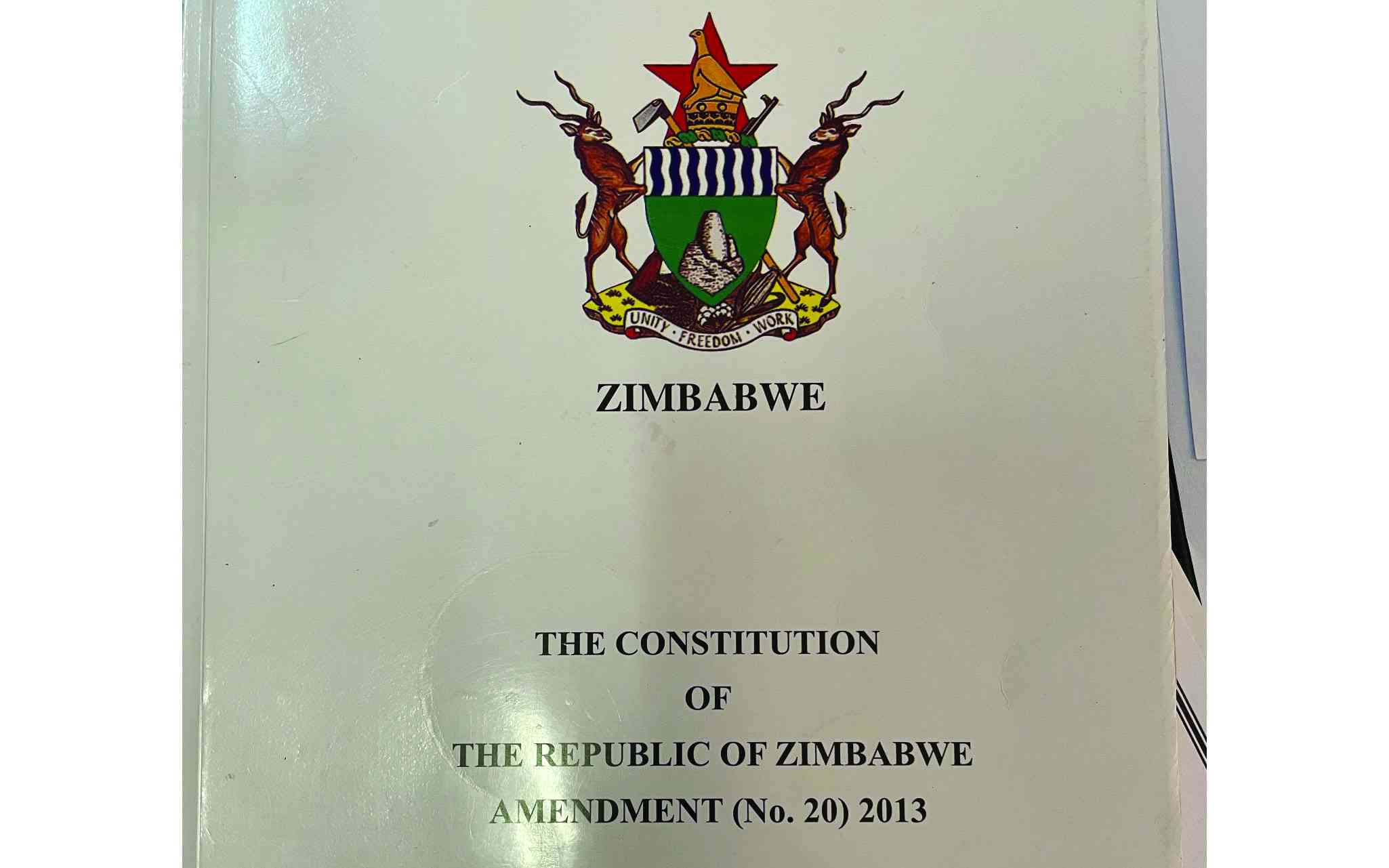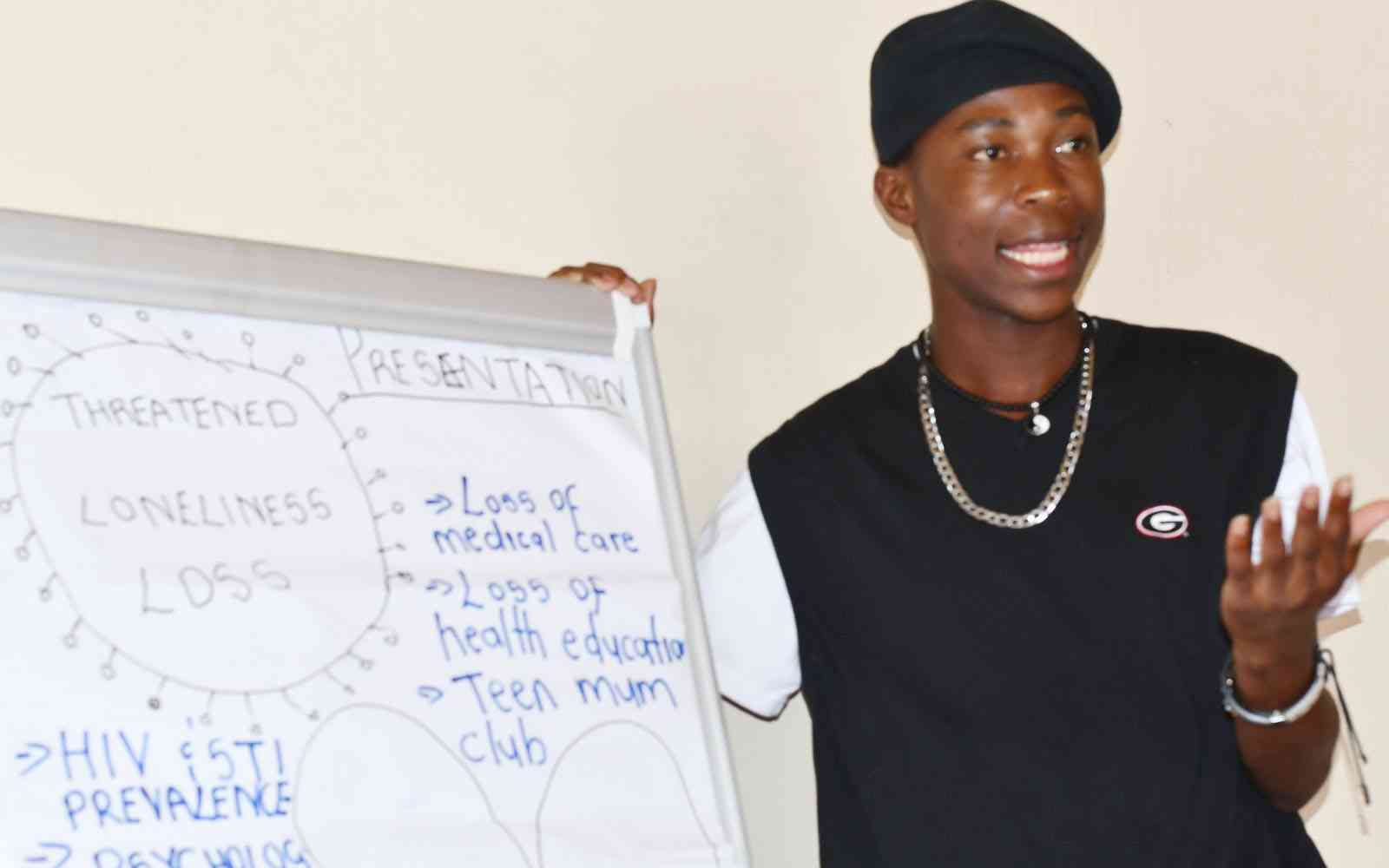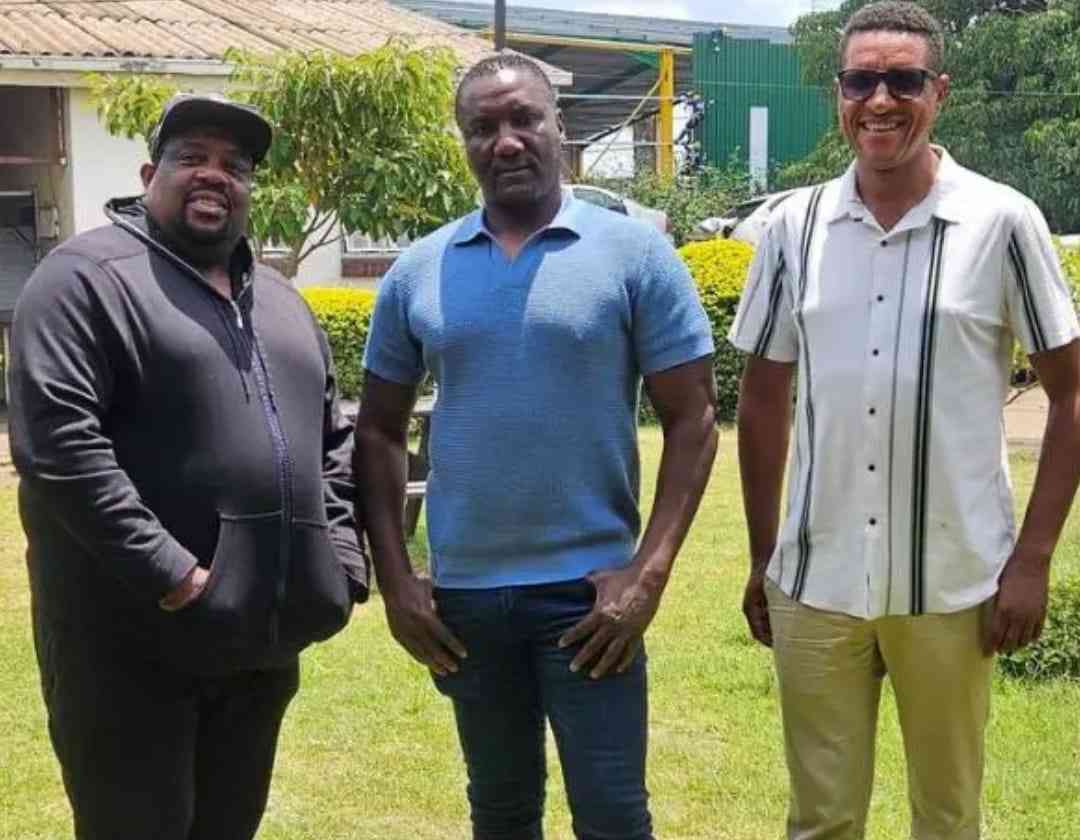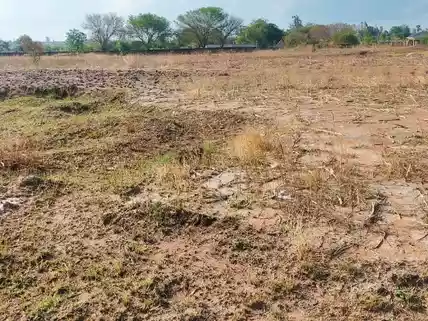
A nine-year land dispute involving a property developer has left over 4 000 families, including more than 100 people with disabilities, in a state of uncertainty and fear at Spitzkop Farm in Zvimba, Mashonaland West.
The conflict with Vevhu Resources has resulted in alleged human rights abuses, financial losses exceeding $3.6 million, and a prolonged battle over the 348-hectare property, known as Lot 12 and 14 of Spitzkop Farm.
According to the Arise Spitzkop Residents Association, Vevhu Resources collected over US$3.6 million from residents between 2008 and 2019 for an affordable housing scheme.
“Vevhu Resources showed us a map they claimed was approved by the Ministry of Local Government,” said Clifford Kashiri, the association's chairman.
“We paid administration and allocation fees for years and began building in 2017.
“It was only when they told us to halt construction that we realised things were not legitimate.”
The situation gained national attention through the Uchena Land Commission, which found Vevhu Resources had illegally sold state land.
The commission ordered the company to repay the US$3.6 million to the Ministry of Local Government and instructed residents to remain on the land pending regularisation by the state.
- Donnybrook Farm wrangle: More details emerge
- Land disputes haunt ministry
- War vets company accuses police of shielding splinter group in land row
- Land disputes dominate traditional court hearings
Keep Reading
“Residents are now expected to pay US$50 for five years for the development of our area, but the original money is gone,” Kashiri added.
A recent letter from the Ministry of Justice, Legal and Parliamentary Affairs confirmed that Vevhu Resources withdrew its appeal against the commission's findings at the Supreme Court in February 2024, seemingly cementing the ruling against the company.
Despite a 2022 High Court interdict barring them from the area, residents alleged that Vevhu Resources continues to harass them.
“They always come to our residential area. Last time they came and attacked residents with the help of the police,” said Gibson Duri, who is the chairperson of the Greater Spitzkop Residents Association.
“On another occasion, they came with machetes and attacked a resident. The matter is still in court.”
The most vulnerable residents have been severely impacted.
Charles Chimono, representing people with disabilities and the elderly, said the company issued eviction notices even after payments were made.
“The change in prices was done after they saw we had started building houses.
“This negatively impacted us as people living with disabilities,” Chimono said.
Residents alleged being forced to sign documents they don't understand.
One widow, who spoke on condition of anonymity for fear of reprisals, said the company refuses to explain the terms.
“They force us to sign documents in their offices and do not even produce copies for us to keep,” she said.
“We are like their prisoners.
“The ones in jail are better than us, as they know when they will be released.
“This is like a life sentence.”
She and other residents also reported that the company now demands new, higher payments—in her case, increasing from US$8 000 to US$11 000—and makes critical decisions informally through WhatsApp groups.
Another resident, Trust Kadambure, a 53-year-old bicycle repairman who recently lost an eye, said the company changed the site plan, inflating the size and cost of the stands.
“We agreed on US$6 000 for a 200-square-meter stand,” Kadambure said.
“Now they say it is 400 square meters and costs US$22 000.
“Where can I get that amount of money from?”
When contacted for comment, Vevhu Resources chief executive, Anthony Dube, dismissed the residents' accusations, and claimed they have no legal paperwork.
“Trying to develop Lot 14 has been very difficult,” Dube said.
“People came and settled against our advice as Vevhu Resources.
“They do not have any paperwork or proof.”
He refused to share the documents he claimed to possess, offering only to show them at his Harare office.
As the land dispute rages on, the 4 000 families at Spitzkop Farm remain in limbo, paying a heavy price for a dream of homeownership that has turned into a protracted nightmare.

